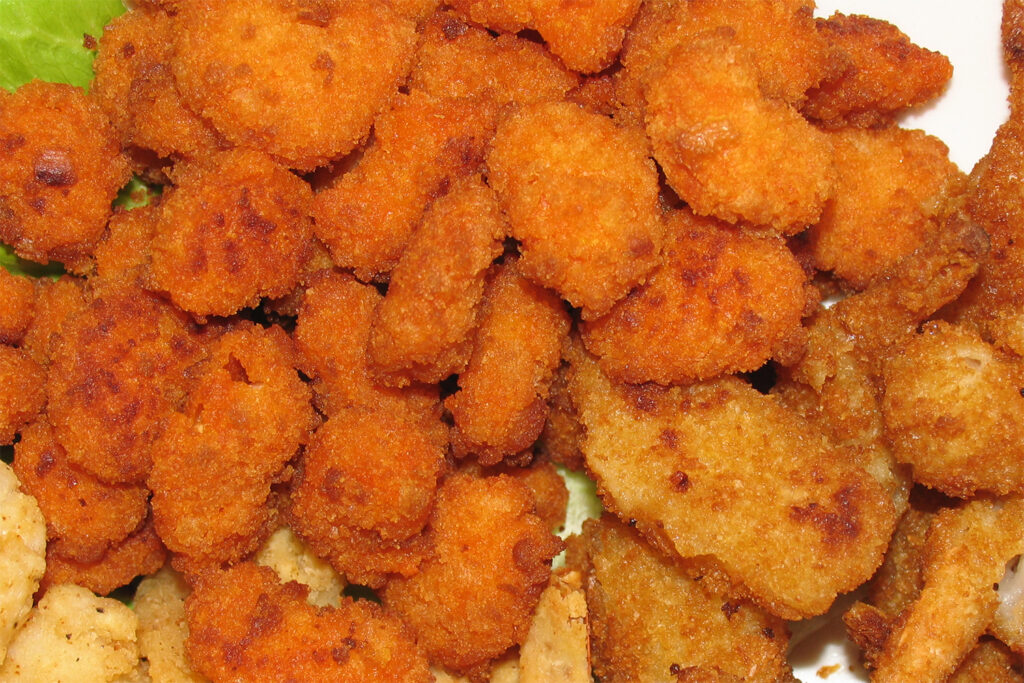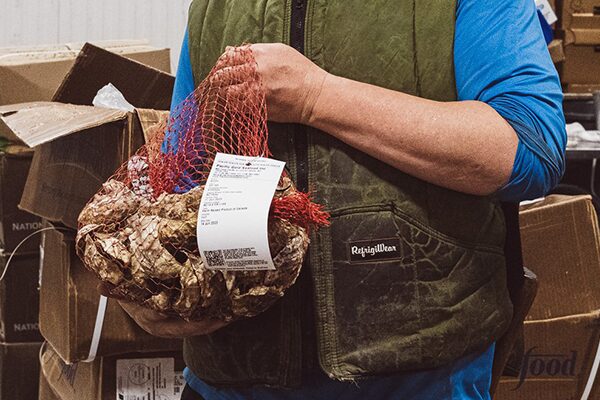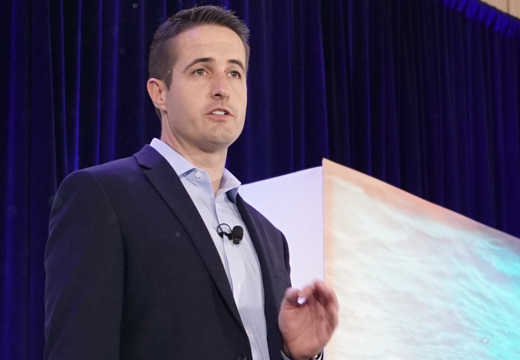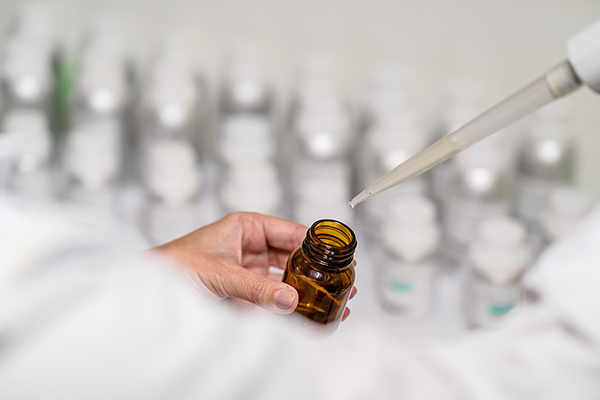Sustainable Fisheries Partnership started the Ocean Disclosure Projects in 2015

In a move to promote seafood transparency, the Global Squid Supply Chain Roundtable (Squid SR) has published details of its squid sourcing in the Ocean Disclosure Project (ODP), becoming the first pre-competitive collaboration to participate in the project.
The Squid SR engages supply chains to support the sustainability of squid fisheries. The roundtable consists of international importers and buyers, primarily sourcing squid from Asia-Pacific and South American fisheries. The ODP profile includes information on the fisheries supplying squid to 21 out of the 22 Squid SR participants in 2023, as well as details on the sustainability and environmental impact of those fisheries.
“We are pleased to welcome the Global Squid Supply Chain Roundtable to the Ocean Disclosure Project as the first initiative of its kind to publicly disclose sourcing information through the project,” said Tania Woodcock, Project Manager for the Ocean Disclosure Project. “By participating in the ODP and making the details of their seafood sourcing publicly available, the members of the roundtable are advancing the transparency of their squid products. We hope that this will support the aims of the roundtable to improve the sustainability of global squid fisheries.”
The Squid SR participants that have voluntarily shared their sourcing information include Aquastar, Beaver Street Fisheries, Cabomar, Confremar Group, Congalsa, Export Packers, Fortune International, GlobalpeZ, Grupo Alfrio, Grupo Profand, High Liner Foods, Lanzal Productos del Mar S.L., Lund’s Fisheries/Sun Coast Calamari, Lyons Seafoods, Netuno USA, PanaPesca, Quirch Foods, Santa Monica Seafood, Seafresh Group, Simplot Australia Pty Ltd. and Wofco.
In compiling the sourcing information, some Squid SR participants faced challenges in identifying specific characteristics of the fisheries, such as vessel flags or exact fisheries regions. This was partly due to international market requirements that permit imported squid products to be labeled as “Squid nei” (not elsewhere identified).
To address these challenges, a precautionary approach was taken in the ODP profile by grouping information into broader regional categories. The SR participant companies have committed to enhancing their traceability systems and implementing due diligence protocols to better assess and manage the risks within their supply chains.
“The Global Squid Supply Chain Roundtable has taken a significant step in disclosing its squid sourcing for the first time in 2024,” said Carmen Gonzalez-Valles Martinez, director of supply chain roundtables at Sustainable Fisheries Partnership. “By participating in the ODP, we have gained a better understanding of the Squid SR’s representativeness in the global squid supply chain and its leverage by fishery. As a result, we will be actively seeking to engage new companies and new markets in the Squid SR to further advance its leverage in global squid supply chains.”
Sustainable Fisheries Partnership started the ODP in 2015 to provide a valuable resource for responsible investors, seafood consumers and others interested in sustainable seafood. Since its inception, 46 companies worldwide have participated in the project, including major retailers, fish feed manufacturers, suppliers, distributors and meal kit and subscription food delivery companies. The ODP aims to promote transparency in seafood sourcing and contribute to the broader goal of sustainability within the industry.
Now that you've reached the end of the article ...
… please consider supporting GSA’s mission to advance responsible seafood practices through education, advocacy and third-party assurances. The Advocate aims to document the evolution of responsible seafood practices and share the expansive knowledge of our vast network of contributors.
By becoming a Global Seafood Alliance member, you’re ensuring that all of the pre-competitive work we do through member benefits, resources and events can continue. Individual membership costs just $50 a year.
Not a GSA member? Join us.
Author
Related Posts

Intelligence
Using DNA multi-marker metabarcoding to authenticate processed seafood
Next Generation Sequencing techniques can support routine food industry activities and official control programs to combat fraudulent practices.

Intelligence
BlueTrace clients have printed more than 5 million shellfish traceability tags
BlueTrace's 430 clients across North America have collectively printed more than 5 million seafood traceability tags to date.

Intelligence
Seafood tracking companies unite to simplify data sharing, improve seafood traceability standards
Seafood traceability solutions providers Trace Register and Wholechain have connected their two tracking systems.

Intelligence
‘Through science, there’s no question’: How evidence-based transparency is changing seafood traceability
ORIVO, a science-based testing and certification service for the global feed and supplement industry, aims to change seafood traceability.



